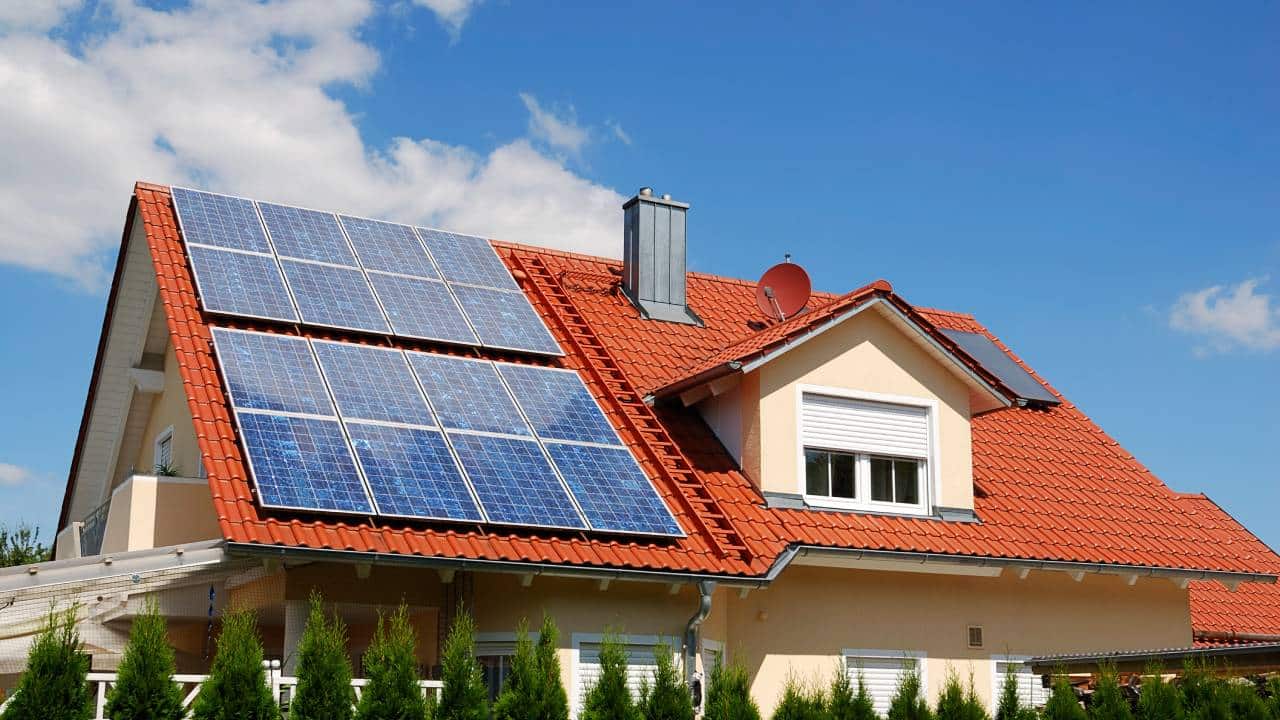Disclosure: FMB Home Picks is committed to delivering independent advice and reviews on home products and services. When you purchase through links on our site, we may earn an affiliate commission. Learn more Contact us.
Our experts have conducted comprehensive tests, thorough analysis and in-depth comparisons to write our solar panel reviews.

Given the wide variety of solar panels available in the market, our researchers have meticulously examined and rated various solar panels to identify the best, most efficient models.
We assess 36 factors that we consider of paramount importance in our reviews of the best solar panels, with the rating and our ultimate recommendation resting on their performance.
These factors are grouped into the following categories, with the scorings in each weighed by their level of importance:
We think the critical determinants of a solar panel’s quality are:
The energy efficiency of solar panels is a critical aspect due to its direct correlation with the amount of electricity generated. A solar panel’s efficiency measures its capacity to convert sunlight into usable power. Therefore, a more-efficient solar panel will produce more electricity from the same quantity of sunlight, leading to higher energy output.
When assessing a solar energy system, the efficiency of solar panels is an indispensable aspect for our experts to consider. It should, however, be balanced with other factors, such as cost and durability.
Solar panels’ efficiency, durability, cost, and environmental footprint are directly dictated by the materials used in their construction.
Silicon is the most frequently employed material, renowned for its superb semiconducting abilities. The main types of solar panels include monocrystalline silicon cells, known for their high efficiency, albeit at a higher price, and polycrystalline silicon cells, which offer lower efficiency but come at a more affordable cost.
It’s also essential that the materials chosen for the panel’s assembly, such as the glass, frame and backing, are sturdy and long-lasting.
The environmental implications of the manufacturing materials are also factored into our considerations. Certain panels employ materials that could pose environmental hazards, if not managed appropriately. For example, thin-film solar panels typically incorporate a minor quantity of cadmium, a poisonous heavy metal. Manufacturers must manage and dispose of these substances securely to minimise environmental damage.
Solar panels’ durability and build quality play a critical role in their evaluation due to the long-term nature of the investment. Panels are expected to last 25 to 30 years, or even longer. As a result, their ability to endure over time and maintain efficient electricity production throughout their lifespan is a key performance indicator.
In addition, the panels are exposed to various weather conditions and high-quality, durable panels are more capable of withstanding these elements without compromising their performance. This durability results in fewer repairs or replacements over time, which contributes to the overall cost-effectiveness of the solar energy system.
Furthermore, panels with superior build quality tend to have better resistance to potential physical impacts such as hail or falling branches. This resilience safeguards the operational functionality and extends the lifetime of the solar panels.
The cost of solar panels is a significant factor when assessing them, given that it directly influences the return on investment. Solar panels are a considerable expenditure and understanding their cost is essential for making an informed decision.
When evaluating the cost, it’s not just about the upfront price of the panels themselves but also the associated installation expenses, potential maintenance costs, and the panels’ lifespan. A less expensive panel may seem appealing initially, but it could be more costly over time if it requires more frequent maintenance or replacement.
The warranty of solar panels is a crucial aspect to consider during their assessment due to the protection and peace of mind it offers consumers. Solar panels are a significant outlay and a robust warranty safeguards this investment against unforeseen issues.
The length and terms of the warranty reflect the manufacturer’s confidence in the durability and longevity of their product. A longer warranty period indicates the manufacturer’s belief that the panels will perform well for an extended time.
There are typically two types of warranties for solar panels – the product warranty and the performance warranty. The product warranty covers defects in materials or workmanship, while the performance warranty guarantees that the panels will produce a certain percentage of their rated power over a specified period.
Considering the warranty of solar panels during their assessment not only provides a measure of the product’s quality and reliability but also adds a layer of financial security for the homeowner.
For many homeowners, the look of their property is important. A visually appealing solar installation can blend with the home’s architectural design, maintaining the property’s aesthetic charm. This is particularly significant with period properties requiring a certain finish.
If you plan to sell your property in the future, an attractive solar panel installation can increase its curb appeal. While energy efficiency is certainly a selling point, a solar setup that complements the property’s design might attract more potential buyers, especially those who value both sustainability and design.